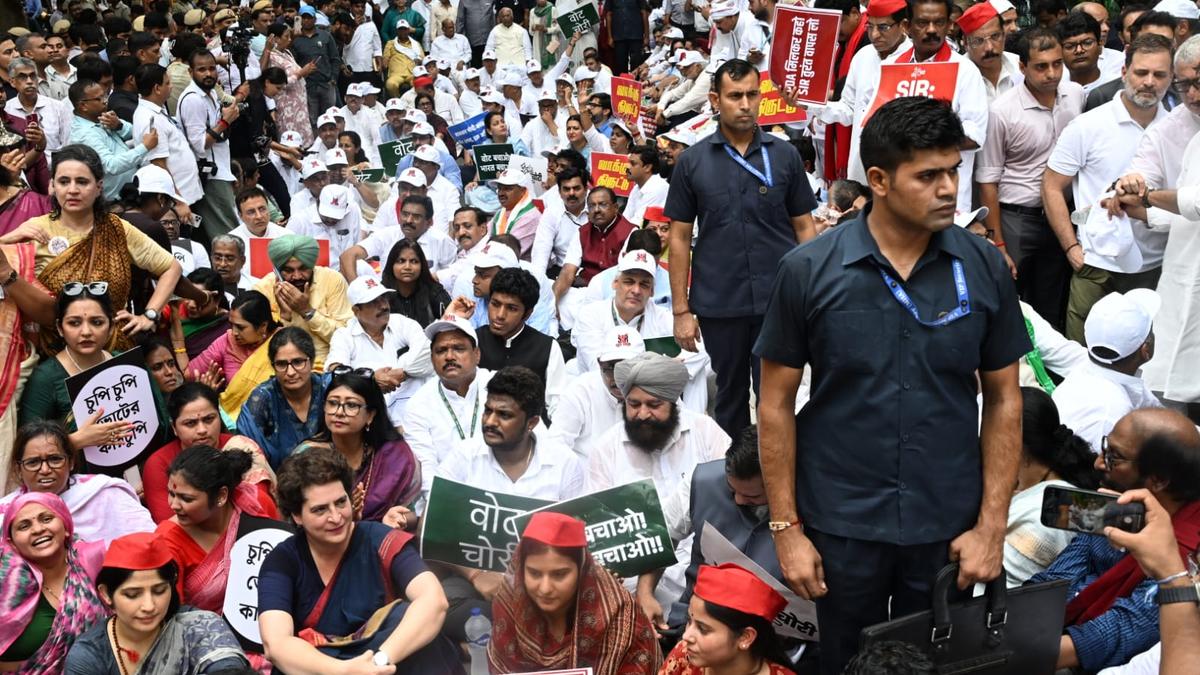Now Reading: Supreme Court Upholds Medha Patkar’s Conviction in Defamation Case Against Delhi L-G Saxena
-
01
Supreme Court Upholds Medha Patkar’s Conviction in Defamation Case Against Delhi L-G Saxena
Supreme Court Upholds Medha Patkar’s Conviction in Defamation Case Against Delhi L-G Saxena
Quick Summary
- The Supreme Court of India confirmed the Delhi High Court’s decision to uphold the conviction of activist Medha Patkar in a defamation case filed by Delhi Lieutenant Governor Vinai Kumar Saxena in 2001.
- Ms. Patkar was accused of emailing a press note that led to an allegedly defamatory article published in Gujarati against Mr. Saxena.
- while maintaining the conviction, the Supreme Court set aside an order directing Ms. Patkar to pay ₹1 lakh as compensation and removed conditions requiring her supervision under probation.
- The Bench modified her probation terms, allowing her exemption from prison sentance by furnishing bonds without any other conditional requirements.
- Arguments included claims that evidence like email records lacked certification under Section 65B of the Evidence Act and key witnesses were deemed unreliable by lower courts.
- Mr. Saxena was leading Ahmedabad-based NGO National Council for Civil Liberties when he filed the defamation complaint.
Indian Opinion Analysis
The Supreme Court’s affirmation of Medha Patkar’s conviction highlights critical aspects of India’s legal framework on criminal defamation, reflecting both judicial consistency and procedural scrutiny. By eliminating punitive elements such as compensation payments and stricter probationary conditions, while preserving accountability through upholding the base conviction itself, this case underscores India’s balancing act between individual rights and reputational safeguards.
Procedural criticisms raised regarding admissibility standards (e.g., uncertified digital evidence) reflect concerns over evidentiary reliability in modern cases involving electronic communication-a point worth exploring for future jurisprudence reforms.Furthermore, since this matter involves a public figure like Ms. Patkar who is associated with activism and socio-political movements,it’s resolution could influence perceptions around freedom of expression within legal boundaries for civic leaders.
For more details: Read here.























